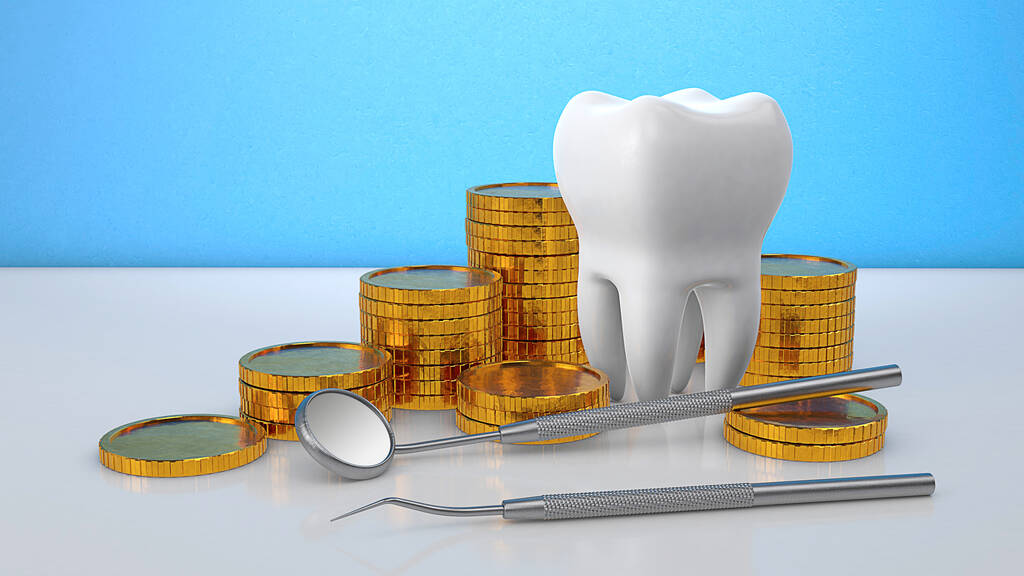When it comes to planning your finances, many Australians overlook the tax benefits of dental expenses. Knowing how to claim these can make a big difference to your financial health. This post will show you how dental expenses can save you tax and how to incorporate these savings into your overall financial plan.
Tax Deductions for Dental Expenses
In Australia, certain medical expenses including dental can be claimed as tax deductions if you meet the conditions. While the government has tightened the rules around medical expense tax offsets. knowing these rules can help you get the most out of your allowable deductions.
Eligible Dental Expenses
To claim dental expenses as a tax deduction. they must be necessary medical treatments. These include:
- Preventive treatments like cleanings and fluoride treatments.
- Restorative treatments like fillings, crowns and bridges.
- Orthodontics like braces and retainers.
- Oral surgery like wisdom tooth extraction.
Note that purely cosmetic dental procedures like teeth whitening are not tax deductible.
Putting Dental Expenses into Your Financial Plan
Including dental expenses in your financial plan requires forward thinking. Here are some ways to manage these costs:
1. Create a Dental Health Fund
Having a dedicated fund for dental health can take the financial pressure off unexpected dental costs. By setting aside a small amount each month, you can build up a buffer to cover your regular check ups and unexpected treatments. This will not only have you financially prepared but also encourage regular dental care and prevent more costly problems down the track.
2. Use Private Health Insurance
Many Australians use private health insurance to cover dental expenses. Policies often have extras cover that can reduce out of pocket costs for dental treatments. When choosing a policy, consider your family’s dental needs and choose one that covers the services your family uses most.
3. Claim Tax Offsets and Rebates
While the medical expense tax offset has been scrapped, the rebates are still there. For example, the Private Health Insurance Rebate can save you a lot of money on your insurance premiums which will indirectly reduce your overall dental costs.
4. Plan for Big Dental Procedures
For big dental procedures like orthodontics or oral surgery, planning is key. Consider timing these procedures to get the most tax deductions and rebates. Talk to one of the financial advisor to work out the best way to spread the costs and get the most financial benefits. You can find financial advisors near you just by searching “best financial advisor near me” on google or any other search engine.
Your Financial Planner
A financial planner can help with dental expenses. At Denis Cummins Public Accountants, we offer personal financial planning services to suit you. Here’s how we can help:
Personalised Advice
We’ll give you advice on how to structure your finances to include dental expenses. Whether it’s setting up a dental health fund or choosing the right health insurance policy, our experts will make sure your financial plan is aligned with your dental health.
Tax Strategies
We keep up-to-date with the latest tax changes to help you get the most deductions and rebates. We’ll guide you through the tax rules so you get everything you can.
Long Term Planning
Including dental expenses in your long term financial plan can be tricky. We’ll help you forecast these costs and work them into your overall financial goals so you can keep your dental care in balance with your other financial priorities.

Why Regular Dental Care is Important
Regular dental care is not just about oral health; it’s about preventing bigger health issues that can lead to higher medical costs. Poor oral health has been linked to chronic conditions like heart disease and diabetes. By prioritising regular dental check ups and treatments, you can prevent these issues and reduce overall healthcare costs.
Practical Tips for Managing Dental Expenses
1. Book Regular Check Ups
Regular check ups can prevent small problems from becoming big ones. Book bi-annual check ups with your dentist to keep your oral health on track.
2. Good Oral Hygiene
Good oral hygiene habits like brushing twice a day and flossing can prevent many dental problems. Investing in good dental care products will save you money in the long run.
3. Shop Around for Dental Services
Dental services can cost a lot. Don’t be afraid to shop around and compare prices for treatments. Many dental clinics offer payment plans and discounts for upfront payments.
4. Keep a Record
Keep a record of your dental expenses. These records will be needed when claiming deductions and will help you track your spending and plan for future expenses.
Including dental expenses in your financial plan requires thought and planning. By knowing the tax benefits and using the practical tips, you can manage these costs and keep your oral health in check.
At Denis Cummins Public Accountants, we can help you achieve your financial goals while making sure your dental health is managed. Our team will give you personalised advice and personal financial planning services to suit you.
Get in Touch
Ready to get your financial plan in order and claim the tax benefits for dental expenses? Contact Denis Cummins Public Accountants today to book a consultation. We’ll help you navigate the financial planning maze and get your dental health in your financial future.




